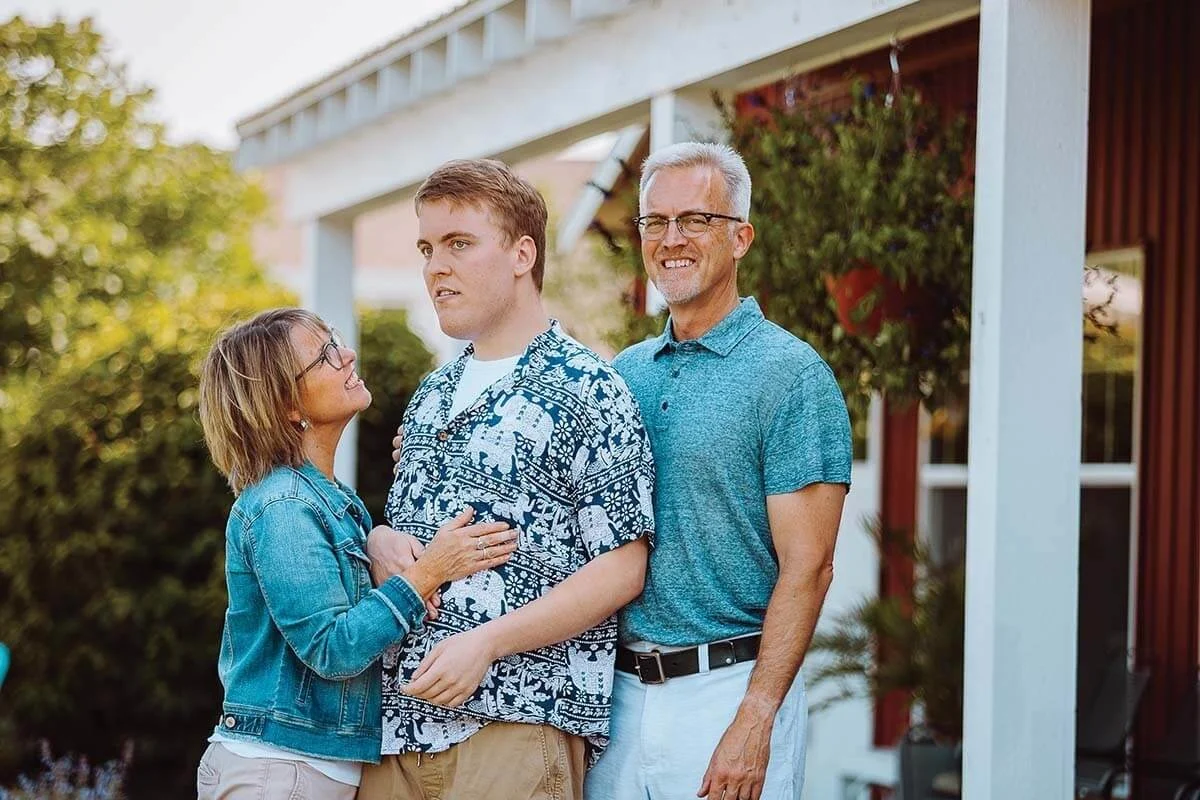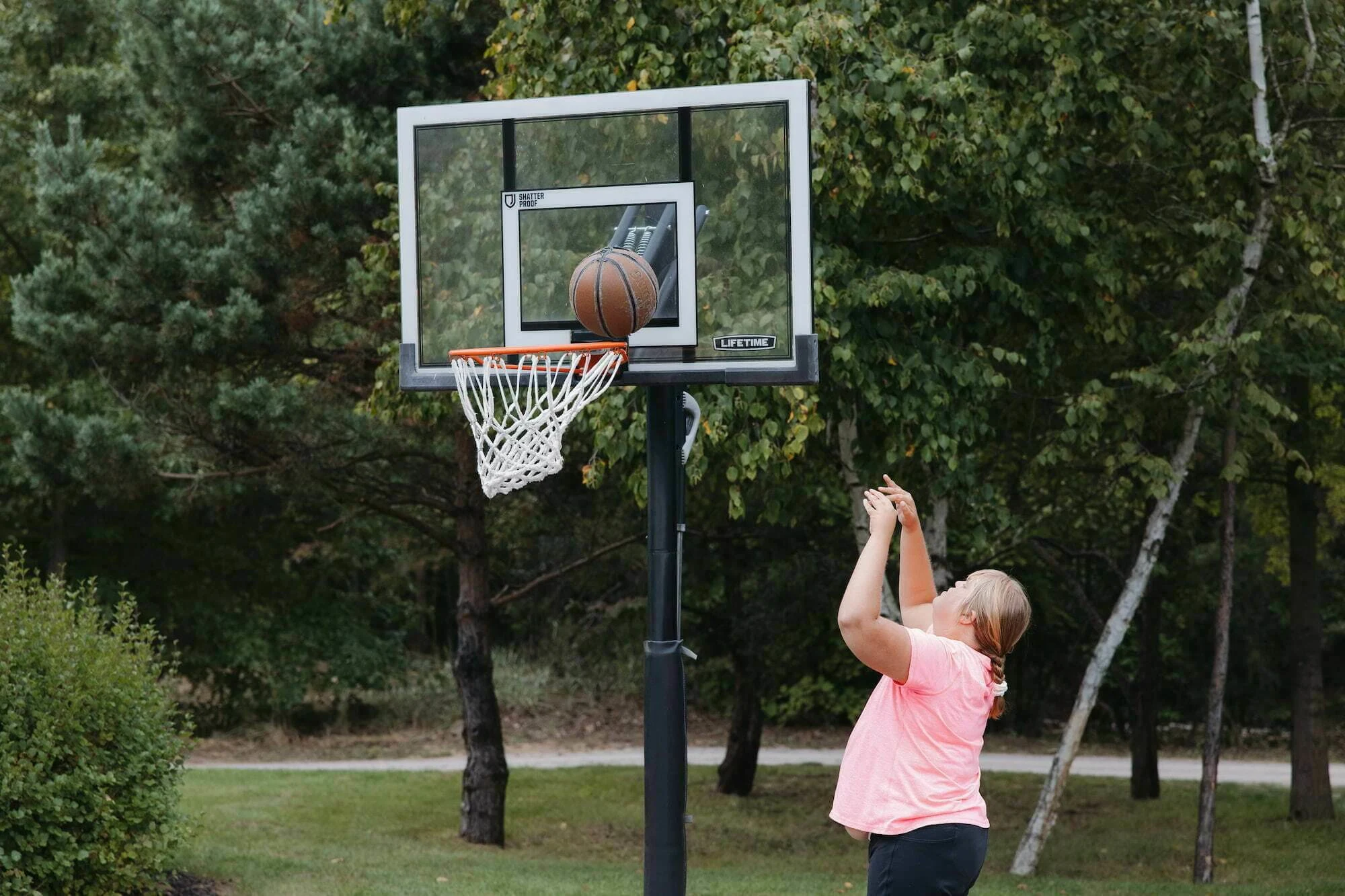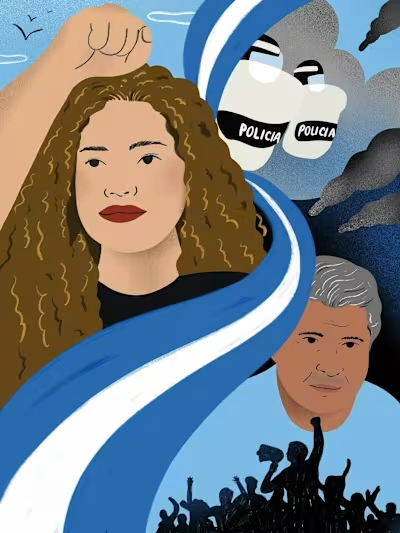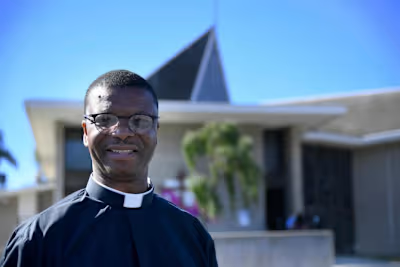Building Hope
How one family created a homestead where people with autism live with purpose and belonging

For the first 15 months of his life, Benjamin Mason seemed like any other toddler — talking, laughing and eager to explore the world around him. He could say a dozen words, including “Mommy” and “Daddy.”
Then something changed. At 16 months, Ben started to get ear infections. He stopped laughing and grew distant. When he wasn’t crying, his face was expressionless. He was no longer the joyful child his father, Dave Mason ’91J.D., and his mother, Krista, knew him to be, leaving them heartbroken and searching for answers.
On Ben’s second birthday — three years before the average age of detection — he was diagnosed with autism.
“It felt like [the psychologist] had this giant eraser, and he just erased everything that I thought I knew about Ben or what his life might look like,” Krista says.
Autism spectrum disorder is a lifelong, complex developmental condition characterized by ongoing difficulties in social communication, restricted interests and repetitive behaviors. The level of support and services needed varies by individual. Ben’s diagnosis in 1998 set the Masons on a path that would lead, after many years, to the founding of a nonprofit homestead community called Benjamin’s Hope, where adults with autism, regardless of their abilities, may learn, grow, play and worship — securing a future for Ben and dozens of other people.
Benjamin’s Hope wasn’t the Masons’ original plan. When they began researching autism, they read that Applied Behavior Analysis (ABA) therapy could help children like Ben become indistinguishable from their peers by first grade if implemented early enough.
At the time, ABA programs were rare. Dedicated to helping Ben “overcome” his autism, the Masons acted fast. Within three months, they had created a 40-hour-per-week ABA program in their home in Columbus, Ohio, enlisting therapists and Ohio State University students. Every six weeks, they flew in a consultant from the University of California, Los Angeles — then a hub for ABA research — to train their team.
During the first year, Ben made excellent progress with his language and motor skills. Then his development plateaued.
Through prayer, Krista felt assured that God had plans for Ben “of hope and a future.” But she didn’t know how autism, which was proving so painful for her family, could be part of it.
Unexpectedly, Dave’s job as corporate counsel for Cardinal Health moved the family to New Jersey, where ABA services were available for free through the public school system.
“Ben was probably seven years old, and by then nearly as big as I am, and aggression was becoming a big part of life, and language wasn’t developing, and it was just a little house of cards,” Krista says.
With a push from Dave’s father, they recognized Ben would need more support as an adult, especially once he aged out of the public-school therapy programs. The Masons began touring homes for adults with autism to make plans.
The Autism Society of Indiana reports that 88,000 adults with high-support needs are on state waiting lists to receive housing services across the United States. “They’re low on availability,” Dave says. “And there were some that were just really, really frightening.” He noticed unengaged adults watching television and knew this was not the future he wanted for his son.
“As we started to look at our options and realized that there weren’t many, it’s one of those days you look in the mirror and say, maybe we’ve got to do something,” he says.
That “something” was Benjamin’s Hope — a vision that came to Krista in a dream.
In 2005, when Ben was 9, the Masons moved to Holland, Michigan, to confront their fears and build a homestead for adults with autism, cultivating local support through fellowship, worship and services. They sought out experts on autism and successful homesteads, as well as volunteers passionate about creating a place where people with autism could thrive. They bought land and began building, funded entirely by charitable donations.
“Benjamin’s Hope was built around a simple question: ‘What makes life wonderful?’” Krista says. “It was so interesting in those early years because some of the people or families that God brought to this work didn’t necessarily have disability in their life, but they were just moved to want something better.”
Today, Benjamin’s Hope offers supervised group homes to 32 adults as well as resources to over 400 people living in western Michigan. The 52-acre campus features a barn, garden, greenhouse, church, walking trails and other amenities. Many adults with autism who do not live there commute to receive therapy and enjoy activities at the homestead.

The two co-founders remain deeply involved. Krista is the executive director. Though Dave works full-time off the homestead, he tends to the grounds and provides valuable legal expertise to support the community.
“Dave stays true to what matters most,” Krista says. “He’s the most honest person I’ve ever known — a steady foundation that keeps us anchored in God’s calling for our work.”
According to the Autism Science Foundation, autism was once mistakenly believed to be a type of schizophrenia caused by traumatic experiences or poor parenting — a damaging misconception. Many autistic adults were institutionalized, isolated or subjected to harmful and ineffective “therapies” such as electric shock, physical violence and harsh punishments to “normalize” them.
Today, therapies like Rapid Prompting Method (RPM) help individuals develop motor control and communication skills. By guiding them to point, type or write, RPM enables those with limited verbal ability to “speak” through spelling. Benjamin’s Hope embraces such methods, tailoring its approach to each person, many of whom require daily living assistance.
“We have seen firsthand that some extremely intelligent and thoughtful residents are trapped inside bodies that don’t allow them to express themselves the way you and I would,” Krista says. “And when you unlock that, you see the potential and how frustrating that could be. And so that creates a lot of the culture here where we assume intelligence, and we want the most for everybody.”
One of their earliest RPM students was nonverbal except when reading or singing. He had no way to express his own ideas. After five years of therapy, he could communicate through spelling and was able to complete a seminary program where he wrote and delivered a sermon to his congregation.
Activities like crafting and animal care complement therapeutic goals and instill purpose and ownership. In the garden, residents plant seeds, weed and harvest the crops, some of which they use to make scented soaps they can sell locally.
Religion also plays a role in many residents’ lives through the on-campus non-denominational church and other welcoming spiritual opportunities.
“I think of the church as our front door to families that are struggling with disability. We may not be able to serve them with residential services, but they can always come to church and feel the hospitality of God there,” says Eric Peterson, pastor of The Church of Benjamin’s Hope.
Ben Mason has lived in a group home at Benjamin’s Hope for over 10 years. His world has expanded to include the friends and engagement his parents couldn’t provide on their own.
What makes life wonderful for Ben is walking alpacas on a leash and caring for other animals. He’s discovering a love for cooking. At church, he bounces along to hymns on a therapy ball. Outings to the grocery store and library are highlights — all things Dave and Krista Mason once hoped would be possible for their son and his friends.
Michelle Cuneo is an associate editor of this magazine.
Like this project
Posted Apr 10, 2025
How one family created a homestead where people with autism live with purpose and belonging
Likes
0
Views
5




